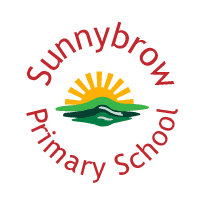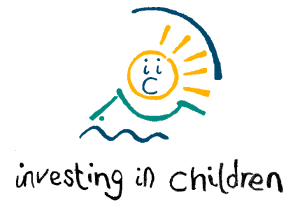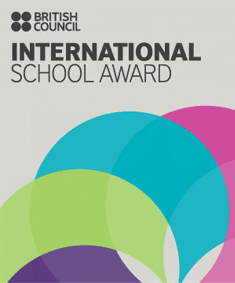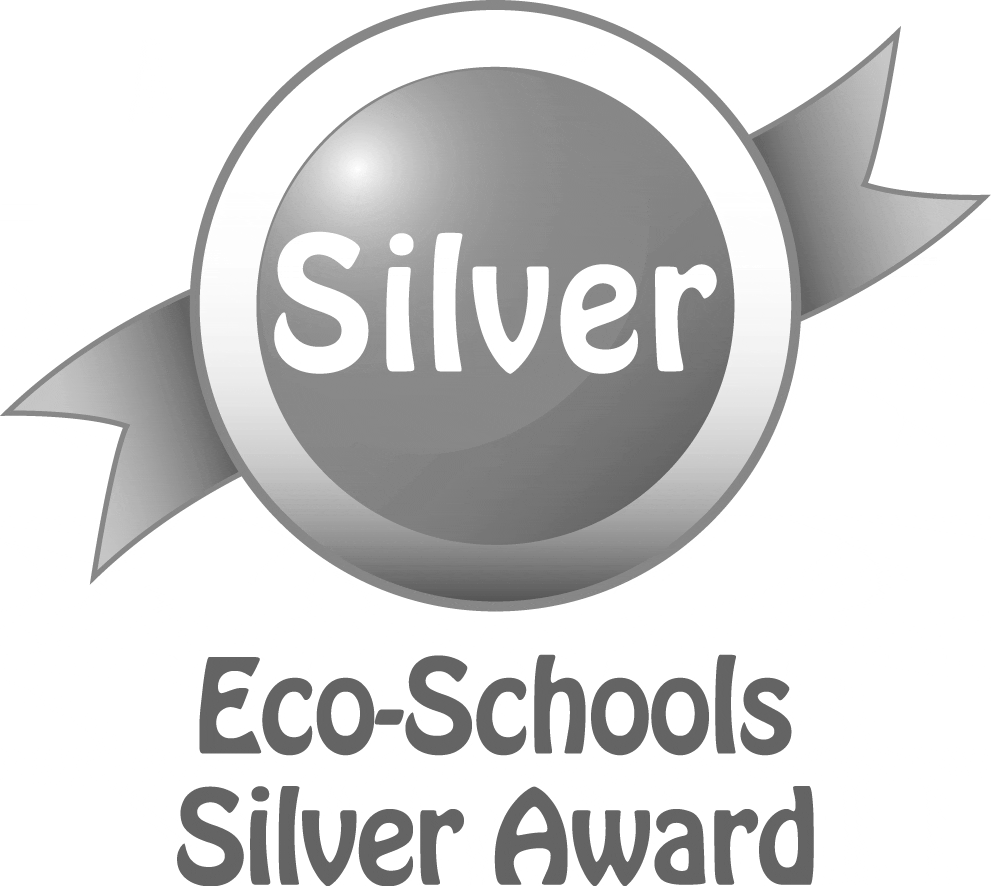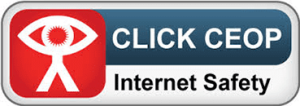Pupil Premium funding will be used to provide two additional Learning Support Assistants to support in class and withdraw pupils who are not making expected progress. They will run intervention groups that are precisely tailored to suit the needs of the children. The progress of disadvantaged pupils is regularly tracked and intervention is used to ensure the children make expected or more than expected progress. This enables to narrow and close gaps between Pupil Premium pupils and non-Pupil Premium pupils.
Pupil Premium funding is used to ensure that out of school visits and visitors to school inspire disadvantaged pupils and provide them with inspirational experiences which have an impact on their literacy skills. Writing in school is showing an improving trend as a result of this. We feel that first hand experiences and knowledge of our region are beneficial to pupils and aid in their learning.
Improving technological access to disadvantaged pupils is a priority in school and funding will be used this year to ensure that children have access to virtual classrooms, websites and Apps which allow them to achieve their potential in all areas of the curriculum.
Providing emotional and social support to disadvantaged pupils and their families can have a very positive impact on the progress and attainment of Pupil Premium pupils. Children who are socially and emotionally confident and have a settled home life are more likely to thrive educationally. Our PSA, who is funded by three local schools, works with families and pupils to support this.
In the year 2015 – 2016, Sunnybrow Primary was allocated £77,140 which we will spend in the following ways:
- Employment of two additional Learning Support Assistants to run small group interventions as well as supporting learning in class. (£40,000)
- Shared PSA (£9,000)
- Subsidising the cost of educational trips to broaden children’s learning and experiences (£2,000)
- Organising events and workshops in school (variable costs)
- Providing free milk for Pupil Premium pupils (Government initiative (£1,560)
- Improving IT equipment and resources (£12,000)
The impact of Pupil Premium Spending is reflected in the following results which shows that gaps in attainment narrow over time.
EYFS – 71% of Pupil Premium pupils reached a Good Level of Development and made more than typical progress from their starting points (below and significantly below on entry). The remaining Pupil Premium pupils who did not attain a Good Level of Development did make typical progress from their starting points. A slightly higher percentage (79%) of non-Pupil Premium Pupils achieved a Good Level of Development.
Year 1 phonics screening check – Only 60% of Pupil Premium pupils passed the screening check this year compared to 71% of non-Pupil Premium pupils. However, the cohort is very small (7 pupils) and this equates to 2 pupils failing to reach the expected standard. Both of these pupils are SEND with speech and language difficulties. They both received significant intervention and support which will continue into Year 2.
KS1 teacher assessment – In reading and maths, 67% of Pupil Premium pupils reached the expected standard as did 67% of the cohort overall. In writing, only 33% of Pupil Premium pupils reached the expected standard compared to 67% of the cohort overall.
KS2 teacher assessment – In all areas, Pupil Premium pupils achieved in line with non-Pupil Premium pupils which shows that the gap has closed by the end of KS2. SATS results vary slightly as 1 Pupil Premium pupil failed to pass the reading test when we were anticipating that he would.
